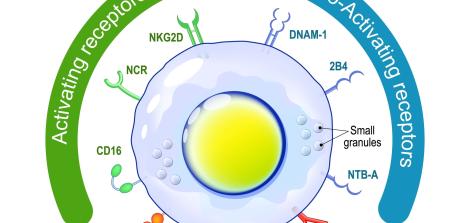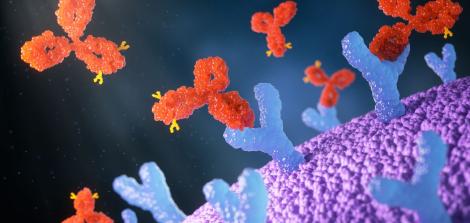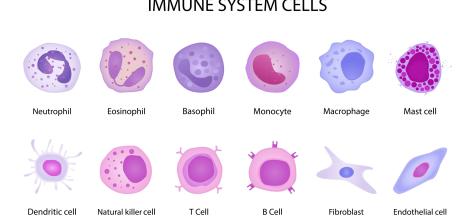Glioblastoma Brain Cancer

Glioblastoma (Glioblastoma Multiforme) is the most malignant and aggressive of all primary brain tumors. It originates in glial cells—support cells that help nerve cells function. What makes glioblastoma especially formidable is its extremely rapid growth rate, its ability to infiltrate surrounding brain tissue, and its strong resistance to treatments. For these reasons, it is considered one of the most challenging diseases in the field of neuro-oncology.
The first symptoms vary depending on the tumor’s location in the brain and can include severe and persistent headaches, epileptic seizures, cognitive or behavioral changes, weakness in the limbs, and difficulties with speech or vision. Often, diagnosis is made only once advanced symptoms appear, making early intervention difficult.
Researchers worldwide are devoting tremendous effort to developing new approaches—from personalized vaccine-based treatments, to immunotherapy, to nanotechnology designed to deliver drugs directly to the tumor. Despite the obstacles, scientific understanding of glioblastoma’s mechanisms is advancing quickly, fueling hope that future therapies will be more effective at extending and improving patients’ lives.
Prof. Chaya Brodie, from Bar-Ilan University’s Faculty of Life Sciences, is studying the communication between different tumor cells that enables glioblastoma to thrive. Within these tumors, there are two main cell types: the cancerous tumor cells themselves and cancer stem cells. The stem cells are the driving force behind tumor recurrence after surgical removal and play a central role in treatment resistance. Current cancer therapies largely target tumor cells, not the stem cells—one reason why this cancer is so hard to fight. Prof. Brodie’s research focuses on the interaction between tumor cells and their environment, paving the way toward treatments that could block glioblastoma’s ability to develop resistance. For her full interview on the Dangoor Center website >>> https://dangoor-medicine.biu.ac.il/node/380
Last Updated Date : 05/11/2025








